5 events found.
- No results were found for this week. Jump to the next upcoming events.
- No events scheduled for October 14, 2024.
- No events scheduled for October 15, 2024.
- No events scheduled for October 16, 2024.
- No events scheduled for October 17, 2024.
- No events scheduled for October 18, 2024.
- No events scheduled for October 19, 2024.
- No events scheduled for October 20, 2024.


